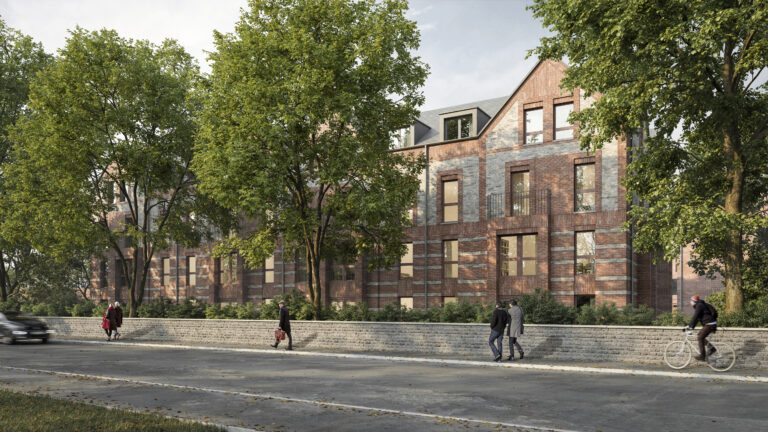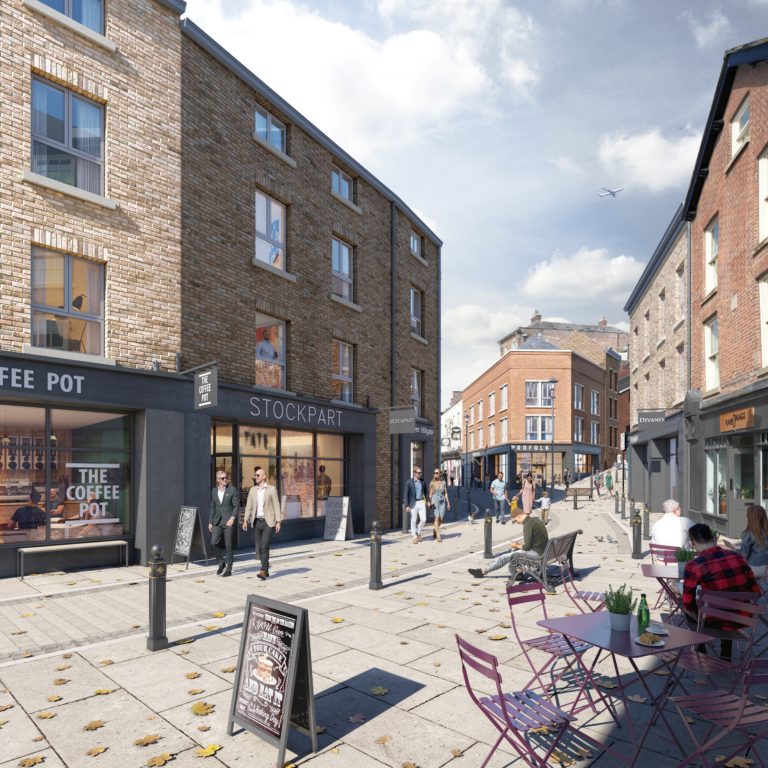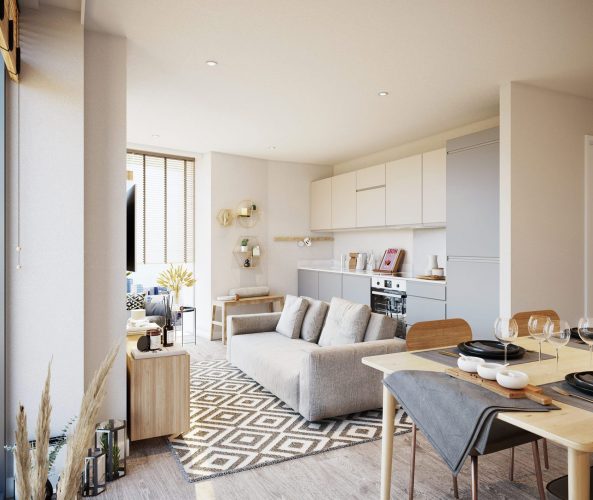Void periods can be the bane of many landlords’ lives. Now new research shows they’re becoming less of a problem, but there are still things you can do to avoid them.
Having an empty property is not a good scenario for any landlord. No matter what you expect to reap through a future sale in capital appreciation, a major part of property investment is about rental yields.
Some new data from Goodlord has revealed that the number of “void days” for UK landlords dropped in February to 19 days, compared to 20 days in January. This may be a modest fall, but every day counts for landlords’ bottom lines.
Void periods varied across the country, according to the report. In Greater London, where the rental market is fast and fierce, voids dropped from 15 days to just 10 days. Meanwhile, the north-west, south-east, south-west and West Midlands all had more days occupied last month.
How long do people rent for?
Goodlord also looked at average tenancy terms across the UK. While the UK average was 10 months in February, again, it varied from area to area. The longest tenancies tend to be in London, where renters stay put for an average of 14 months. At the other end of the scale, those renting in the north-west only stay for eight months.
At the moment, demand is extremely high for rental accommodation. While the number of rental properties available might be dipping, according to statistics, the number of tenants searching is on the up. This is generally a good thing for buy-to-let landlords, and could explain the shrinking void periods.
The downsides of having an empty property
Void periods are unwanted for a number of reasons, unless they are intentional, such as for carrying out work on the property. Whether you own one property or several, whenever a rental home does not have tenants, you are not receiving the rental income that makes up your overall return on investment. But this is just one side of the story.
- Finding new tenants can be time-consuming. Even if you appoint a management company, the property will need to be advertised and viewings carried out. Prospective tenants must all be vetted, and if successful new contracts drawn up.
- Rental homes generally need to be cleaned at the start and end of a tenancy. If you have a high turnover of tenants, this bumps up the cleaning costs each year. You will normally have an inventory done at the start at end of each tenancy, too.
- Safety checks can ramp up. Before tenants move in, there are certain checks that need to be carried out, such as checking smoke alarms and electrical safety. This adds up if you are starting new tenancies regularly.
- While a home sits empty, the owner is liable for all the bills. This includes gas, electricity, water and council tax, among other things. You can apply for a council tax discount in some cases, but there is also admin involved in sorting the bills out.
- It could affect your insurance if the property is empty.
Make tenants want to stay
As a landlord or property investor, it is in your best interests to keep your tenants in your property for as long as possible, in most cases. While so-called “rogue landlords” attempt to cut corners to try to maximise profits, it goes without saying that this is a very poor business model.
Clearly there is only so much influence you can have on your tenants’ behaviour. But there are steps you can take to reduce your risk of void periods.
- Look at areas of high demand. If you invest in an area with high tenant demand, such as in or close to a major city or town, you will have a wider choice of tenants. Think about where local jobs are, the transport options and the social scene in the area.
- Consider size. Depending on your “target tenant“, size could make a difference. If you want to attract affluent young professionals, for example, a spacious two-bedroom apartment might be a good choice. If your investment is in London, a one-bedroom flat or studio might be more popular.
- Invest in mod cons. Today’s tenants expect more from their rental properties. Patchy WiFi and a kitchen without a dishwasher are not on most peoples’ wish lists. You could even add smart technology, as these small touches can make a tenant want to stay.
- Think about their bills. The more eco-friendly your property is, the lower your tenants’ bills will be. This is a major selling point, and you could even get a better mortgage rate for your property. New-builds offer the most energy efficient options.
- Make it their space. Tenants want to feel at home in a place, even if they are renting. If it’s furnished, consider investing in a furniture pack to get the right balance. You should also respect the fact that it is their space by giving plenty of notice for inspections.
- Resolve issues quickly. If an appliance breaks or there’s a leak, respond as quickly as possible. The same applies for any disputes that arise. Once you’ve got good tenants, this can help you keep them.
- Get good tenants. Your vetting process should help you rule out risky tenants. This could include those who have been evicted in the past, or who have failed to pay rent. If you appoint a letting agent, they should do this for you, but you can still have a say.
- Consider an HMO. A house in multiple occupation (HMO) tends to have separate contracts for each tenant. This means that when one leaves, it is only that room that stops bringing in rent, rather than the whole property.
- Budget for void periods. Sometimes, despite your best efforts, your tenants decide to move out. It is important to have a contingency plan for this so that you can cover any costs until you find a new tenant.
Choosing the right property is the first step to reducing your risk of void periods. Browse a limited selection of our investment options, and sign up for free to get full access and advice.










